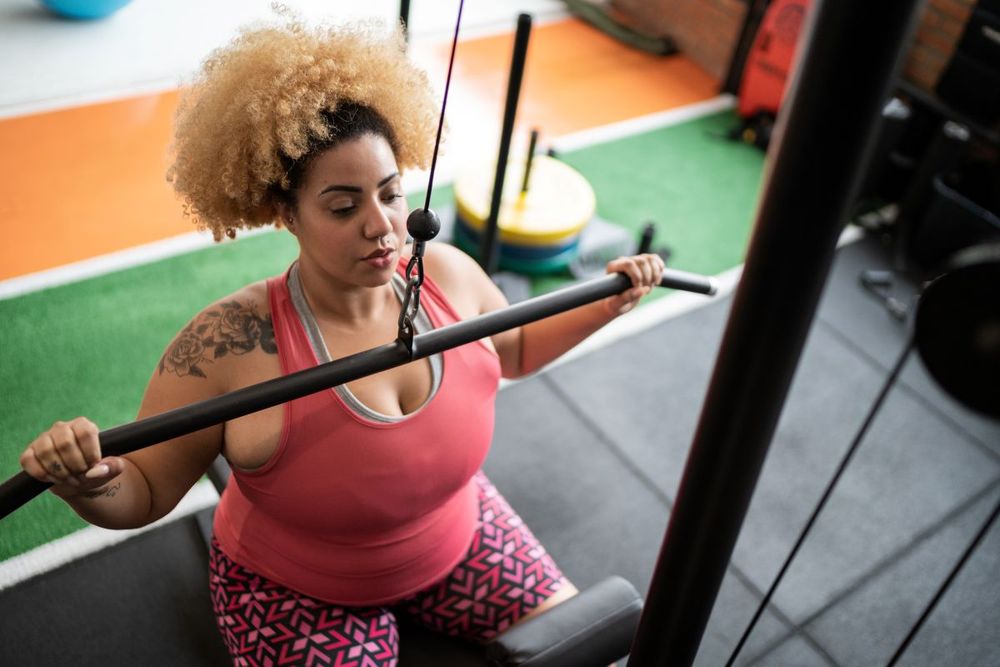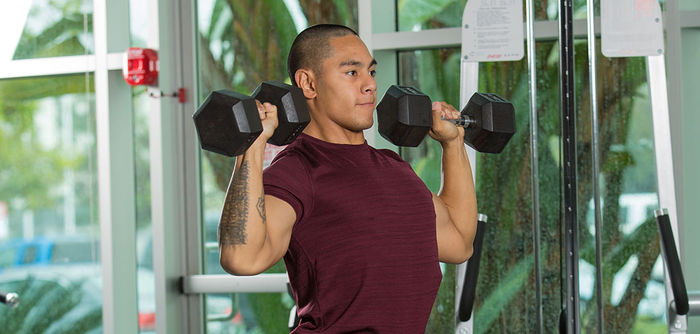Are Sports Drinks a Smart Choice for Young Athletes?

Are sports drinks the best choice for young athletes? To answer that question, this blog presents youth hydration guidelines, looks at sports drinks vs. water and shares the AAP hydration recommendations. Learn how to keep youth safe during practice and competition.
Read More













